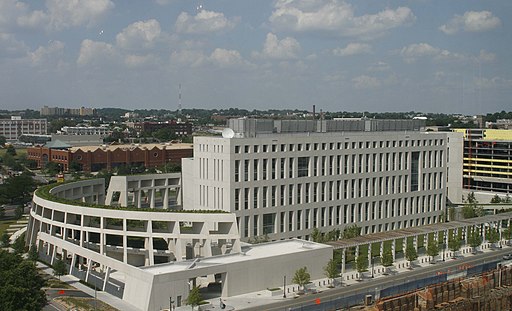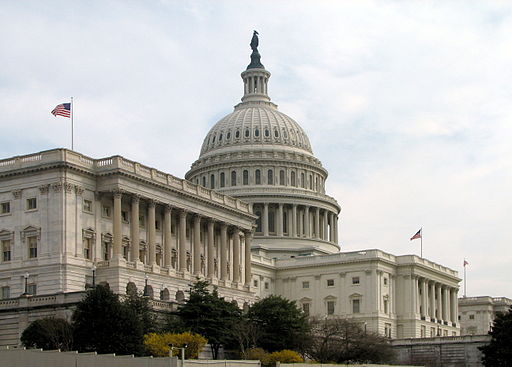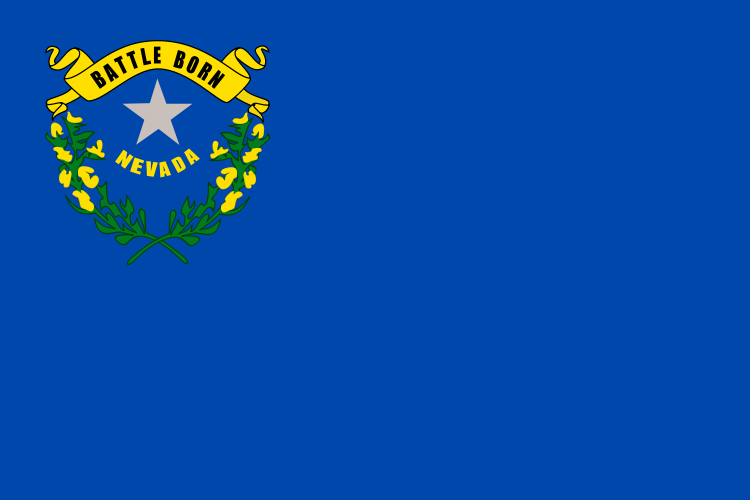Author: Emily Aubert
-
Biden withdraws Chipman from consideration for ATF director

President Joe Biden (D) announced on Sept. 9, 2021, that he was withdrawing David Chipman from consideration for director of the Bureau of Alcohol, Tobacco, Firearms, and Explosives (ATF). Chipman, a former ATF agent and senior policy advisor at Giffords, had been nominated in April 2021. The Senate Judiciary Committee declined to report on Chipman’s…
-
Vice President Harris casts eighth tie-breaking vote in NLRB confirmation vote

Vice President Kamala Harris (D) cast her eighth tie-breaking vote in the Senate on Wednesday to confirm Jennifer Ann Abruzzo as general counsel of the National Labor Relations Board. The Senate voted 50-50 along party lines. Harris previously cast tie-breaking votes related to the confirmation processes of Kiran Ahuja for director of the Office of…
-
Nevada Gov. Steve Sisolak (D) signs legislation replacing state’s presidential caucus

Earlier this month, Nevada Gov. Steve Sisolak (D) signed a bill into law that replaces the state’s presidential caucus with a primary and seeks to make that primary the first presidential nominating event in 2024. Sisolak said, “This brings me great pride, as the diversity and culture found in the people in the great state…
-
Adams leads Wiley, Garcia in first round of New York City Democratic mayoral primary

New York City held its Democratic and Republican primaries for mayor of New York City on June 22. It was the first time ranked-choice voting (RCV) was used for a mayoral primary in the city’s history. Final RCV tabulations are not expected until the week of July 12, due to the deadlines for voters to…
-
New York City primaries for mayor, city comptroller to be held on June 22

Primaries for the mayor and comptroller of New York City will be held on Tuesday, June 22. The winners will advance to the general election on November 2, 2021. Thirteen Democrats and two Republicans are running in the primaries for mayor of New York City. Incumbent Mayor Bill de Blasio (D) is not running for re-election…
-
Sen. Ron Johnson temporarily suspended from YouTube for violating platform’s medical misinformation policy

Sen. Ron Johnson (R-Wis.) was suspended from YouTube for seven days on June 11, 2021, for promoting hydroxychloroquine and ivermectin as a treatment for COVID-19 during a virtual event hosted by the Milwaukee Press Club. A YouTube spokesperson said in a statement, “We removed the video in accordance with our COVID-19 medical misinformation policies, which…
-
Early voting begins in NYC mayoral primary on June 12

Thirteen candidates are running in the Democratic primary for mayor of New York City on June 22, 2021. Early voting began on June 12. This election features the first use of ranked-choice voting for a mayoral primary in the city’s history. Under this system, voters will be able to rank up to five candidates on…

